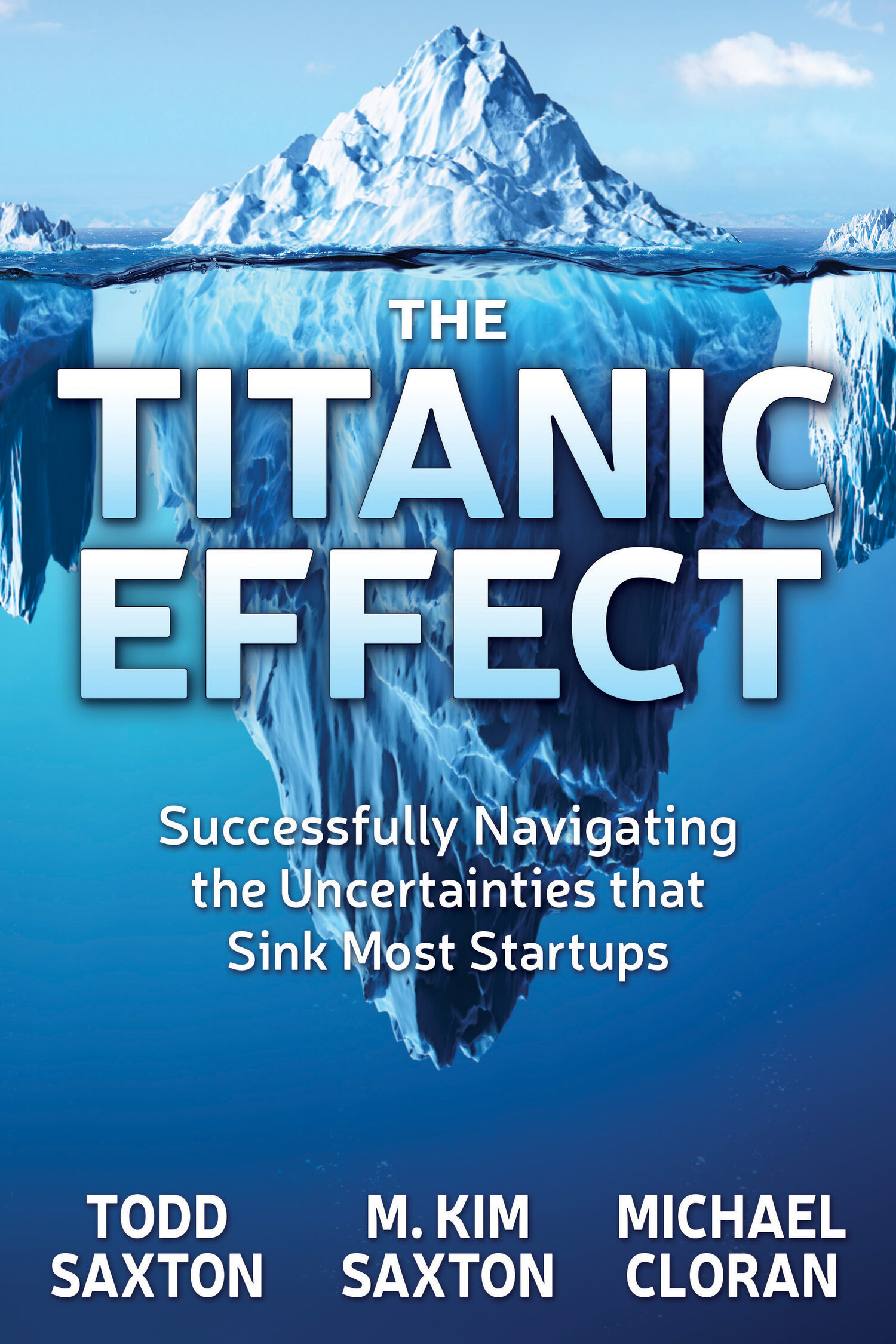A friend asked us the other day: “It seems like the answer to a lot of startup questions is ‘It depends.’ Are there any hard and fast rules for startups?” For the most part, there is so much uncertainty in the entrepreneurial journey that you have to plan contingencies. Otherwise, “It depends.” So we thought, “What are the immutable laws of startups?”
The First Law of Startups: There are no laws of startups. We have to get that out of the way. For example, does education help? On average, founders of successful startups tend to be more educated. At the same time, some did not finish college. Richard Branson is one among many.
The Second Law of Startups: It will take longer and cost more than you think to get to market. Unless, it doesn’t. There are a number of Kickstarter projects that take off and are wildly successful. But then they often discover that delivering products takes longer and costs more than they expected. You need to plan for it to take longer and cost more because that is likely to happen at some point.
The third law of startups: You will make mistakes. This is probably the most immutable of our “immutable laws.” Your goal should be to make mistakes on the things that won’t sink your startup. And you want to recognize the trade-offs you are making so that you minimize the damage when you do hit a “debtberg.”
The Fourth Law of Startups: Passion matters. You absolutely have to be passionate about the problem you are solving. First, that passion will buoy you and your team during difficult times. Second, your passion energizes and encourages support from venture advocates who can help your startup succeed.
The Fifth Law of Startups: Founders who read The Titanic Effect are 2,000 times more likely to succeed. It’s obvious, right?
The Sixth Law of Startups - At the risk of being repetitive, there are no laws of startups. Prove us wrong. Quit school and start your company today. Win faster than anybody, including you, had hoped. Navigate effortlessly. Solve a problem you don’t care about. Read The Titanic Effect and then go create your own rules.

